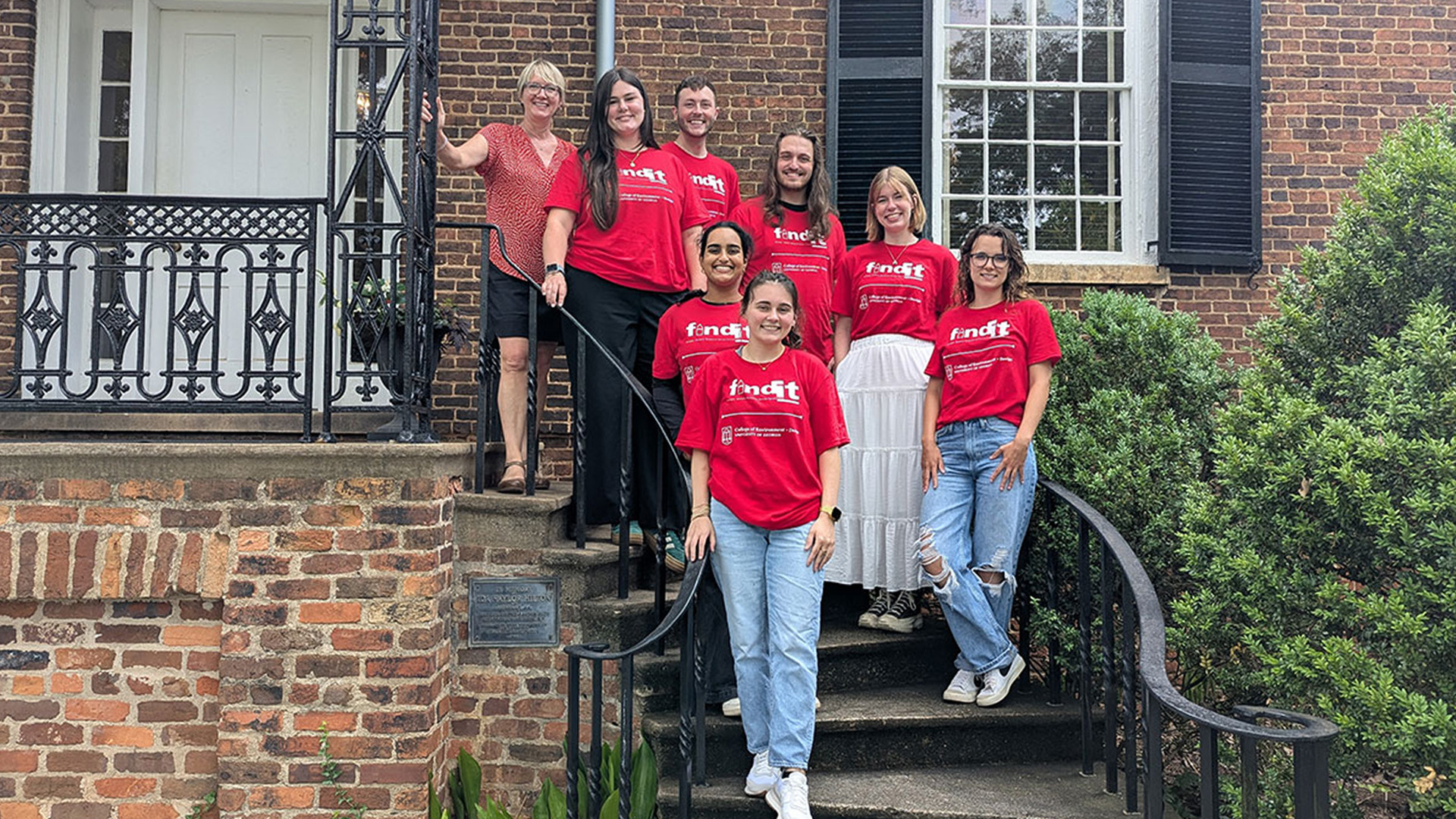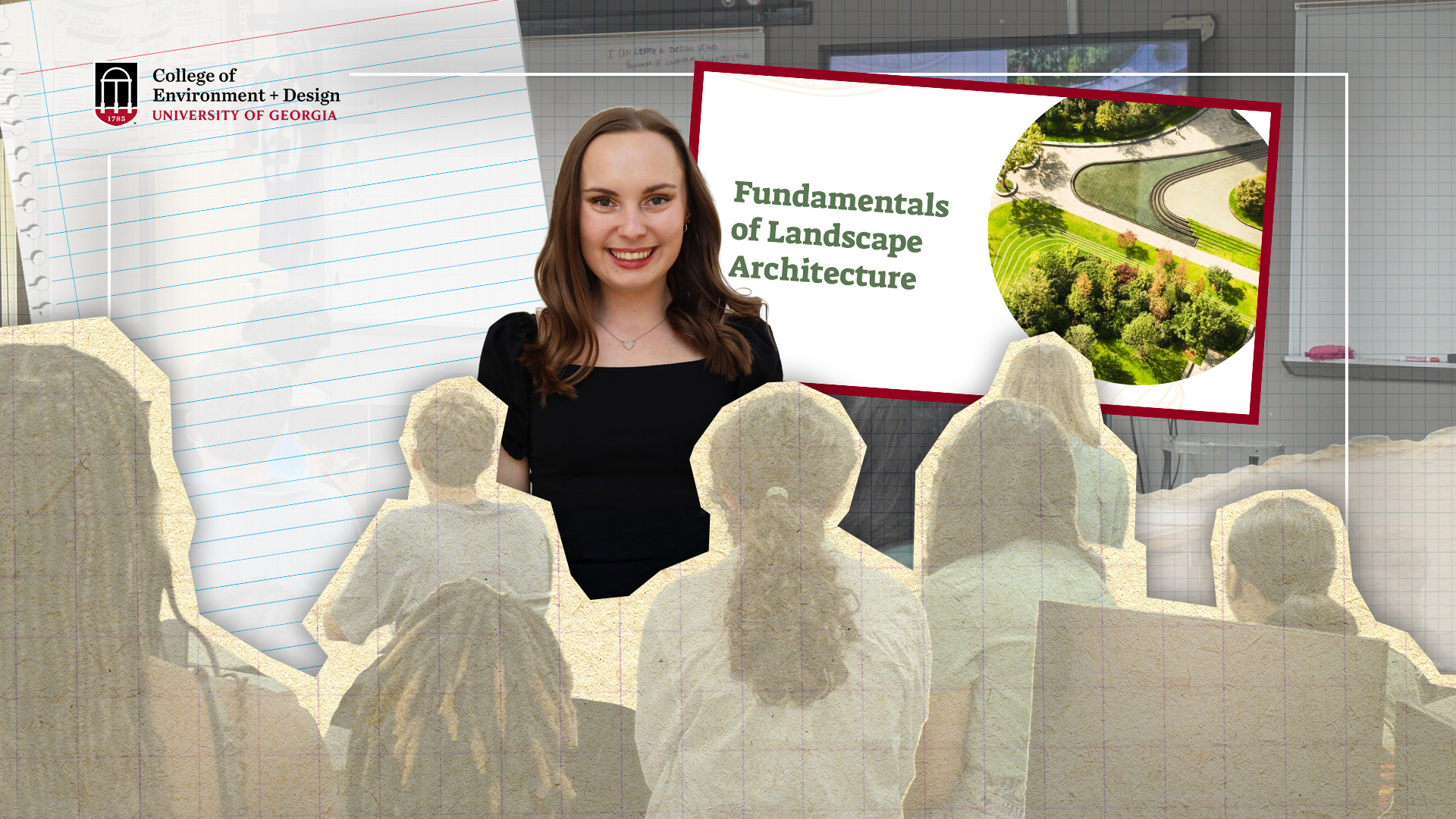What is Service-Learning?
Service-learning integrates meaningful community service with instruction and reflection in order to enrich the learning experience, teach civic responsibility, and strengthen our communities. CED has been a campus leader in developing service-learning programs that concentrate on issues of environmental sustainability, heritage tourism, outdoor recreation, downtown revitalization, and underserved populations.
One of our regular service-learning studios is led by Professor Katherine Melcher, who has created the Community Landscape Lab to engage students and community groups using landscape architecture as the means to actuate social change. Through the Community Landscape Lab, Professor Melcher partners students with clients in a Master’s level Landscape Architecture (MLA) studio to provide stakeholders with design concepts and engagement strategies useful to the community. Bringing more awareness to the lab’s work, students developed a blog to publish information about the projects they are working on, including background information, weekly updates on community feedback, and their design recommendations.
The students work on their projects for the duration of the semester, giving them the opportunity to see the project through from initial concepts to construction documents and implementation guidelines. As stated in the studio blog, Professor Melcher believes that “by working closely with community groups throughout the design process, students develop practical design projects that can transform everyday landscapes into meaningful and useful places.”
Service-learning intentionally combines service with learning, a combination that is transforming both communities and students. To date, the Community Landscape Lab has refined a master plan for a historic African American burial site to combat erosion and memorialize those who have pased, envisioned a healing outdoor space for children grieving the loss of a parent, provided concepts for a recreational area in a rural South Carolina community without a single public park, and designed a learning landscape at a historic community center soon to be the headquarters of the Bibb County Cooperative Extension office.




